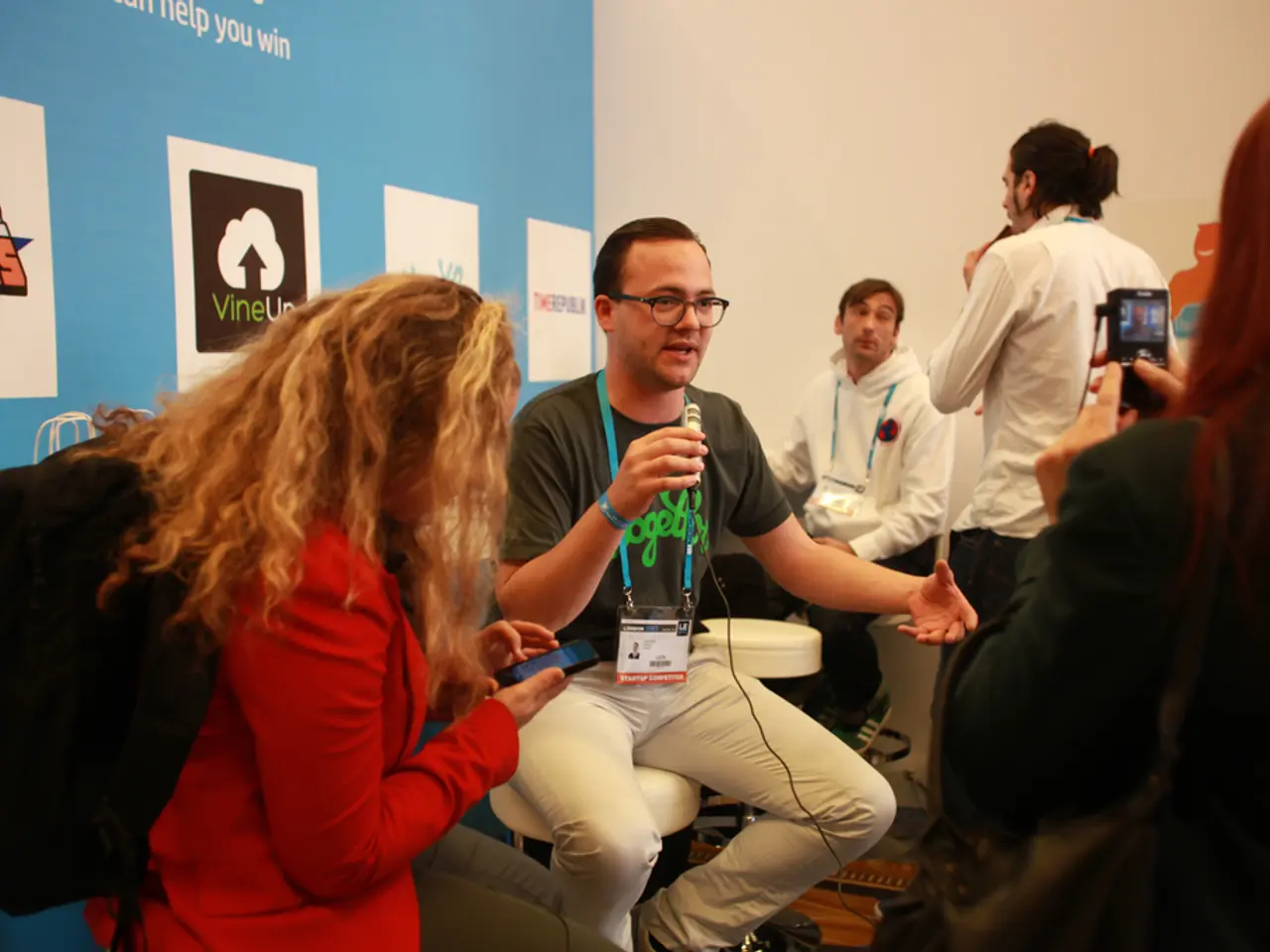Exploring Profession Paths in Medicine and Health Services
A recent panel discussion brought together established healthcare practitioners to share their experiences, insights, and perspectives on the opportunities, challenges, and rewards of working in the healthcare industry.
The panelists, who represented various branches of healthcare, agreed on the need for continuous education and training to keep up with technological advancements in the field. They emphasized the increasing importance of data security and privacy in the digital healthcare era, as well as the potential for virtual reality to revolutionize medical training and patient care.
One panelist highlighted the importance of telemedicine in improving access to healthcare services, while another emphasized the role of artificial intelligence in streamlining administrative tasks. The healthcare practitioners also discussed the impact of technology on their respective branches and the opportunities and challenges within their specific areas of expertise.
Opportunities and Challenges
Healthcare offers meaningful work impacting millions, including helping manage chronic conditions in aging populations with growing digital awareness. Roles span clinical, technical, and support functions, offering diverse career pathways from frontline care to IT and informatics. Tech-oriented roles in healthcare provide chances to solve complex problems at scale using AI and analytics, contributing to equitable systems and patient safety.
However, clinician shortages and budget constraints create high workload and efficiency pressures. Staffing challenges include hiring and retention difficulties, burnout, and the need for clear compensation and culture management. Daily operational bottlenecks like payer friction—claims denials, prior authorizations, and payment delays—add stress for clinical and administrative staff. Complex, high-stress environments impact morale and employee engagement broadly across roles, requiring structured training and clear organizational alignment.
For healthcare IT, slowness in hiring skilled talent jeopardizes digital health initiatives and regulatory compliance. Healthcare employers face regulatory complexities and fiduciary risks around employee benefit plans, further complicating organizational management.
Day-to-Day Work
Clinicians focus on delivering evidence-based care often amid staff shortages and increasing patient demand, including managing informed patients using AI-driven health queries. Administrative tasks involve managing payer delays and optimizing appointment access to maximize capacity and reduce ER overflow. Support roles require navigating demanding responsibilities and constant coordination across varied healthcare services, from nutrition to housekeeping. IT professionals work on EHR implementation, cybersecurity, and digital system optimization critical to care quality and compliance.
Major Issues
Workforce resilience and support amid global shortages and growing patient complexity remain top concerns. Staffing pipeline rebuilding and retention to counter attrition and burnout dominate management focus. Integration challenges from hospital mergers affect benefits administration and fiduciary oversight. Rapidly evolving digital demands necessitate strategic talent acquisition and retention in healthcare IT.
Most Loved Aspects
The sense of purpose in improving patient outcomes and contributing to large-scale health equity is a strong motivator. Healthcare’s diversity of roles and meaningful impact fosters strong employee connection when properly supported. Providers often cherish the direct patient care and professional fulfillment despite system pressures.
In summary, established practitioners emphasize meaningful impact, diversity of roles, and the chance to solve complex health challenges as rewards, while grappling with workforce shortages, operational bottlenecks, regulatory complexities, and burnout as persistent challenges requiring holistic support and innovation across clinical, administrative, and technical domains.
The panelists also acknowledged the potential for technology to reduce healthcare costs by improving efficiency and accuracy. The event offered students a unique opportunity to learn from experts in the field and provided a platform for them to gain insights from experienced healthcare professionals. The discussion covered various aspects of the healthcare industry and offered valuable insights into the realities of working in the healthcare sector.
career-development opportunities lie in technological advancements in healthcare, such as the potential for virtual reality to revolutionize medical training and patient care, AI in streamlining administrative tasks, and telemedicine in improving access to healthcare services. To capitalize on these opportunities, education-and-self-development through skills-training is essential to keep up with technological advancements in the field and meet the demands of the evolving digital healthcare era.
Continuous education and training are crucial in the healthcare industry due to growing digital awareness among aging populations, the increasing importance of data security and privacy, and the constant need to solve complex health challenges using AI and analytics. This education-and-self-development is vital for career-development and maintaining a competitive edge in the constantly changing healthcare landscape.




